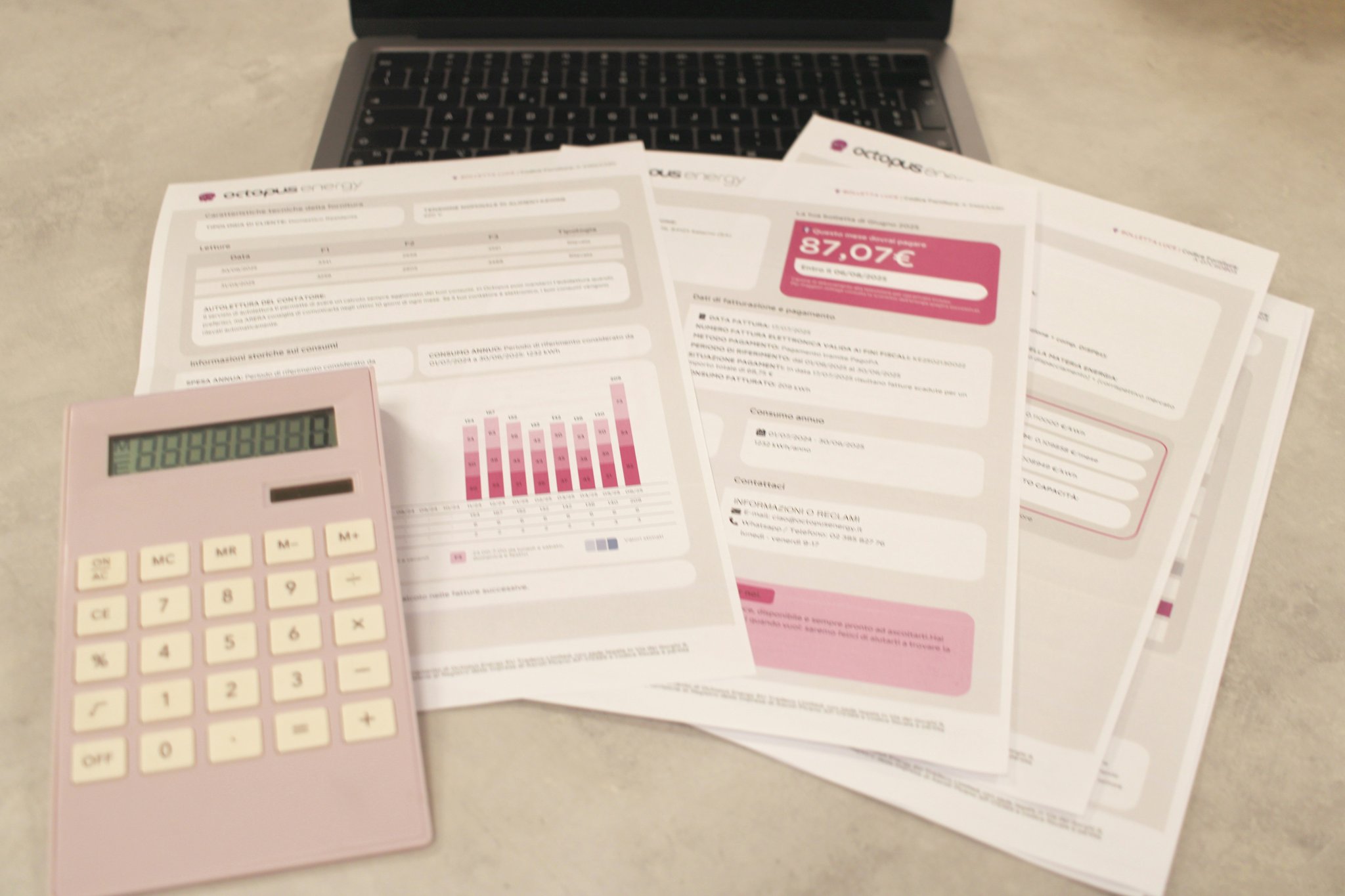Ever wondered why your political risk insurance feels like a black hole of compliance requirements? You’re not alone.
Navigating the world of credit cards and insurance is tough enough, but when you throw political risk insurance into the mix, it’s easy to feel overwhelmed. Between regulatory jargon, endless paperwork, and constantly shifting policies, keeping up can seem impossible. But don’t worry—this guide will break down everything you need to know about compliance FAQs for political risk insurance. By the end, you’ll have answers to common questions, actionable steps to stay compliant, and some brutally honest advice (because who doesn’t love a good rant?). Let’s dive in!
Table of Contents
- Key Takeaways
- Section 1: Why Compliance Matters in Political Risk Insurance
- Section 2: A Step-by-Step Guide to Staying Compliant
- Section 3: Top Tips for Managing Political Risk Insurance
- Section 4: Real-Life Examples of Compliance Success Stories
- Section 5: FAQs About Political Risk Insurance Compliance
- Conclusion
Key Takeaways
- Political risk insurance protects investments from unforeseen geopolitical events.
- Non-compliance with regulations can lead to costly penalties or denied claims.
- A proactive approach to understanding compliance FAQs saves time and money.
- Real-world examples show how businesses successfully manage their coverage.
Section 1: Why Compliance Matters in Political Risk Insurance

Imagine spending thousands on a policy only to find out your claim gets rejected because you missed one tiny checkbox. Sounds familiar? I’ve been there—a minor oversight led to months of back-and-forth with insurers before realizing I hadn’t updated my documentation correctly. Lesson learned: details matter.
So, why does compliance matter so much? The truth is, governments and international bodies set strict rules to ensure transparency and fairness in financial dealings. For instance:
- Regulatory Penalties: Non-compliance often results in hefty fines or even legal action.
- Claim Denials: Insurers won’t pay if you fail to meet policy requirements.
- Reputation Damage: Poor compliance reflects badly on your business credibility.
“Optimist You:” ‘But following these guidelines must be worth it, right?’
“Grumpy Me:” ‘Ugh, fine—but only if coffee’s involved.'”
Section 2: A Step-by-Step Guide to Staying Compliant
Step 1: Understand Your Policy Terms
Read every line of your contract carefully. If terms sound confusing, reach out to your provider for clarification. Remember, ignorance isn’t an excuse!
Step 2: Regularly Update Documentation
Maintain accurate records of transactions, contracts, and correspondence related to your investment. Use digital tools like Google Drive or Dropbox to organize files securely.
Step 3: Stay Informed on Regulatory Changes
Subscribe to industry newsletters or join forums where professionals discuss updates. This way, you’ll never miss critical changes affecting your compliance status.
Step 4: Conduct Internal Audits
Set aside time quarterly to review all aspects of your insurance management process. Identify gaps and address them promptly.
Section 3: Top Tips for Managing Political Risk Insurance
- Leverage Technology: Tools like CRM systems help track interactions with insurers seamlessly.
- Educate Your Team: Ensure everyone involved understands compliance responsibilities.
- Talk to Experts: Consultants specializing in political risk insurance can save you headaches.
Pro Tip: Avoid cutting corners by using unverified third-party brokers—they might promise quick fixes but could leave you vulnerable in the long run.
Section 4: Real-Life Examples of Compliance Success Stories
Let’s talk real life. One startup expanding operations into Southeast Asia struggled initially with its political risk insurance due to insufficient documentation. After implementing regular audits and partnering with local experts, they streamlined processes significantly. Fast forward two years, and their efficient system helped secure a major client deal without any hiccups.

This case highlights the importance of taking compliance seriously—it pays off literally.
Section 5: FAQs About Political Risk Insurance Compliance
What Are Common Misunderstandings Around Compliance?
Many people assume once they purchase a plan, they’re fully covered. Wrong! Ongoing diligence is crucial.
How Often Should I Review My Policies?
At least annually or whenever significant regulatory changes occur.
Who Can Help Me With Complex Regulations?
Hire consultants experienced in global finance laws or engage lawyers familiar with international trade agreements.
Conclusion
To sum it up, mastering compliance FAQs for political risk insurance ensures peace of mind while safeguarding your assets. From understanding policy nuances to staying ahead of regulatory shifts, each step contributes to smoother operations. And remember, asking for help isn’t a weakness; it’s smart strategy.
Like a Tamagotchi, your SEO needs daily care.
Stay curious, stay compliant. 🐳


